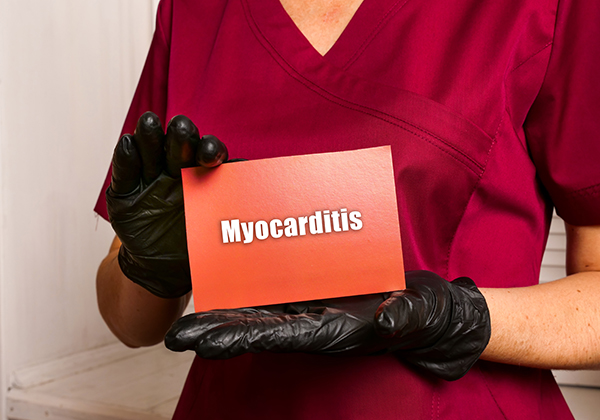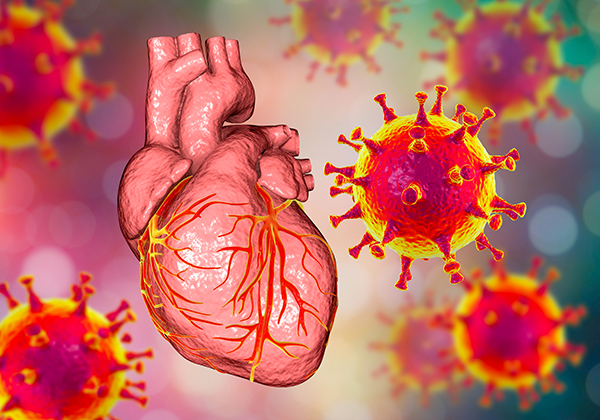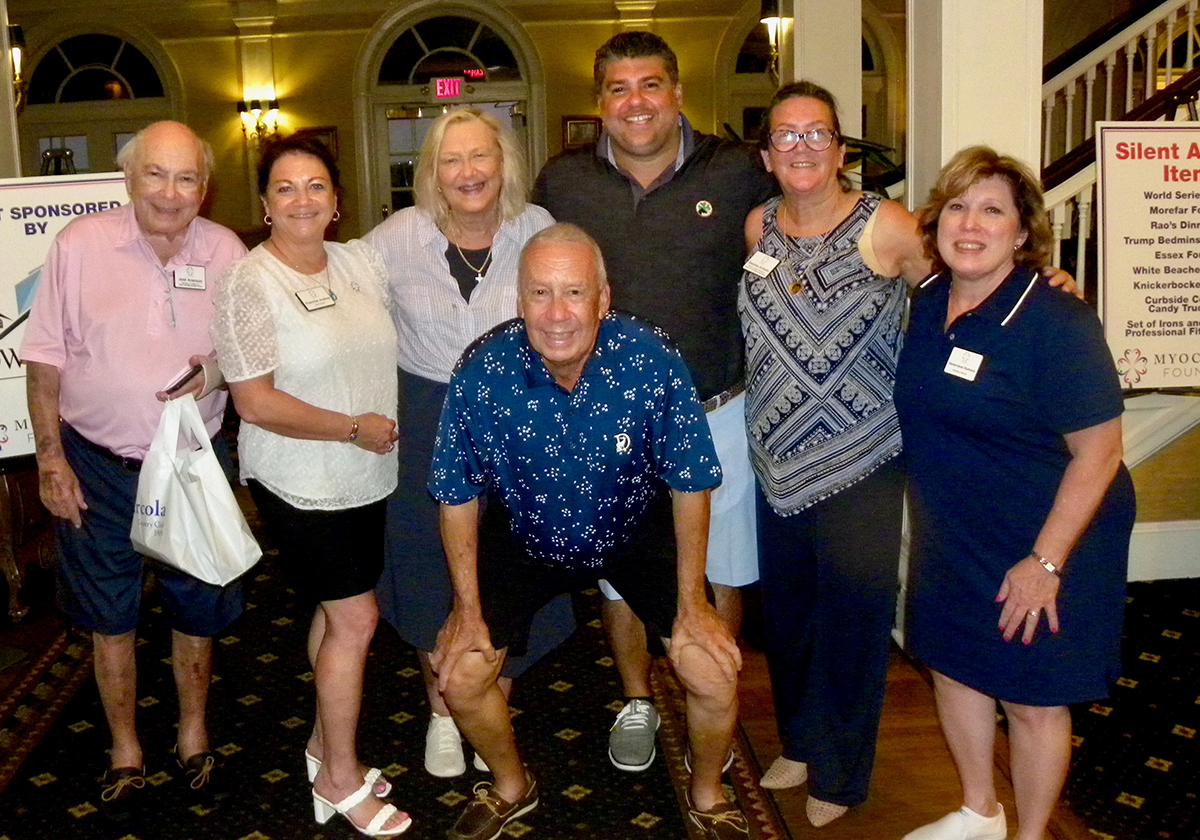(281) 713-2962
800 Rockmead Drive, Suite 155
Kingwood, TX 77339
[email protected]
Evaluation of PET Probe [64]Cu-Macrin in Cardiovascular Disease, Cancer and Sarcoidosis.
Status: Recruiting
Location: Massachusetts General Hospital
Conditions: Massachusetts General Hospital
City/State:
Boston, Massachusetts
Contact Information:
Ralph Weissleder, MD
617-726-8226
[email protected]
Macrophages are phagocytic cells of the innate immune system. Their accumulation is a hallmark of many inflammatory diseases and they have diverse roles in tissue responses to infection and injury and in tissue repair. As macrophages have a tissue specific and often disease stage specific roles, future therapies directed at macrophage subtypes at certain points in the course of a disease may be more efficacious and result in less systemic side effects, as compared to conventional chemotherapeutics. [64Cu] Macrin is designed to detect macrophages by PET imaging. As a result, PET imaging can be used to identify inflammatory “hotspots” and quantitate local macrophage density non-invasively. The investigators studies in mice showed that [64Cu] Macrin has excellent pharmacological and pharmacokinetic profile with high target uptake and low retention in background tissues and organs.
The investigators wish to first evaluate in healthy human subjects the pharmacological and pharmacokinetic profile, and the overall safety of the new radiopharmaceutical [64Cu] Macrin. The investigators will then establish the concentration of [64Cu] Macrin in patients following myocardial infarct, in sarcoidosis and in cancer patients. In a subset of patients where tissue sampling is feasible, we will correlate tracer uptake on imaging to macrophage density on histopathology or with additional standard of care imaging studies.
Abatacept in Immune Checkpoint Inhibitor Myocarditis
Status: Recruiting
Location: "Beth Israel Deaconess Medical Center ", Allegheny-Singer Research Institution, Aurora St. Luke's Medical Center, Boston Medical Center, Brigham and Women's Hospital, Cedars-Sinai Medical Center, Cleveland Clinic, Columbia University Medical Center, Franciscan Health, Johns Hopkins University, Lehigh Valley Health Network, MD Anderson Cancer Center, Maine Health, Massachusetts General Hospital, Mayo Clinic, MedStar Health Research Institute - Georgetown University, Memorial Sloan Kettering Cancer Center, Moffitt Cancer Center, Robert Wood Johnson University Hospital, University of California Los Angeles, University of Chicago, University of Kansas Medical Center, University of Kentucky, University of Michigan, University of North Carolina Chapel Hill, University of Pennsylvania, University of Texas Southwestern, University of Utah, University of West Virginia
Conditions: "Beth Israel Deaconess Medical Center ", Allegheny-Singer Research Institution, Aurora St. Luke's Medical Center, Boston Medical Center, Brigham and Women's Hospital, Cedars-Sinai Medical Center, Cleveland Clinic, Columbia University Medical Center, Franciscan Health, Johns Hopkins University, Lehigh Valley Health Network, MD Anderson Cancer Center, Maine Health, Massachusetts General Hospital, Mayo Clinic, MedStar Health Research Institute - Georgetown University, Memorial Sloan Kettering Cancer Center, Moffitt Cancer Center, Robert Wood Johnson University Hospital, University of California Los Angeles, University of Chicago, University of Kansas Medical Center, University of Kentucky, University of Michigan, University of North Carolina Chapel Hill, University of Pennsylvania, University of Texas Southwestern, University of Utah, University of West Virginia
City/State:
Los Angeles, California
Kansas City, Kansas
Lexington, Kentucky
Boston, Massachusetts
Ann Arbor, Michigan
New York, New York
Chapel Hill, North Carolina
Bethlehem, Pennsylvania
Dallas, Texas
Houston, Texas
Salt Lake City, Utah
Washington D.C.
Tampa, Florida
Chicago, Illinois
Indianapolis, Indiana
Portland, Maine
Baltimore, Maryland
Rochester, Minnesota
New Brunswick, New Jersey
Cleveland, Ohio
Philadelphia, Pennsylvania
Pittsburgh, Pennsylvania
Morgantown, West Virginia
Milwaukee, Wisconsin
Contact Information:
Hannah K Gilman, MS
6177261019
[email protected]
This investigator-initiated randomized trial is being conducted to test whether abatacept, as compared to placebo, is associated with a reduction in MACE among participants who develop myocarditis after treatment with an ICI. Immune checkpoint inhibitors leverage the immune system to treat a wide variety of cancers. Myocarditis is an uncommon immune related adverse event (irAE) secondary to treatment with an ICI. The guideline recommended treatment for ICI myocarditis is cessation of the ICI and administration of corticosteroids. However, despite administration of corticosteroids, the rate of MACE with ICI myocarditis is high. Data from multiple independent international cohorts have shown that the rate of MACE with ICI myocarditis despite administration of corticosteroids ranges from 25-50%.For comparison, the rate of MACE with myocarditis unrelated to an ICI is <5%.
Abatacept is a selective co-stimulation modulator that inhibits T cell (T lymphocyte) activation by binding to CD80 and CD86, thereby blocking its interaction with CD28. This interaction provides a costimulatory signal necessary for full activation of T lymphocytes. In animal studies of ICI myocarditis, the administration of abatacept led to a reduction in cardiac immune activation and an increase in survival. In retrospective unpublished clinical data, the administration of abatacept to participants with ICI myocarditis on corticosteroids was associated with a reduction in risk of MACE. There are no prospective studies testing whether abatacept is effective among participants with ICI myocarditis. Therefore, the primary aim of this trial is to test in a randomized double-blind placebo-controlled study whether abatacept, administered concurrently with corticosteroids, is associated with a reduction in MACE among participants with recently diagnosed ICI myocarditis
Impact of CardiolRx on Myocardial Recovery in Patients with Acute Myocarditis (ARCHER)
Status: Recruiting
Location: Cleveland Clinic, Massachusetts General Hospital, MedStar Heart and Vascular Institute, Minneapolis Heart Institute Foundation, University of Pittsburgh Medical Center, Virginia Commonwealth University
Conditions: Cleveland Clinic, Massachusetts General Hospital, MedStar Heart and Vascular Institute, Minneapolis Heart Institute Foundation, University of Pittsburgh Medical Center, Virginia Commonwealth University
City/State:
Washington, DC
Miami Lakes, Florida
Boston, Massachusetts
Minneapolis, Minnesota
Cleveland, Ohio
Pittsburgh, Pennsylvania
Richmond, Virginia
Contact Information:
Andrea B Parker, MSc, PhD
+1 289.910.0862
[email protected]
Andrew Hamer, MD
+1 289.910.0380
[email protected]
Multi-center, double-blind, placebo-controlled, parallel group design. Patients with myocarditis will be screened and, if eligible, randomized within 10 days of the diagnostic CMR to CardiolRx or placebo.
The treatment period is 12 weeks; a last follow-up visit is scheduled one week after the last treatment, 13 weeks after randomization. Study assessments include Cardiac Magnetic Resonance imaging (CMR), ECG monitoring, the Kansas City Cardiomyopathy Questionnaire (KCCQ), the Columbia-Suicide Severity Rating Scale (C-SSRS) as well as physical exams and laboratory tests.
The primary and secondary outcome parameters are measured by CMR. Additional outcomes include clinical endpoints and changes in inflammatory and biomarkers.
Rationale:
Myocarditis is an acute inflammatory condition of the myocardium. Presentation of the disease may be fulminant and necessitate cardiac support, or even result in sudden cardiac death; milder cases are usually self-limiting but may progress to dilated cardiomyopathy with eventual end-stage heart failure. Other than treatments for associated heart failure there are no specific indicated treatments for myocarditis. CardiolRxTM, which is known to have anti-inflammatory properties, is being investigated to treat the underlying inflammatory process and thereby favorably modify acute myocarditis. The primary endpoints of the trial are cardiac magnetic resonance measures of left ventricular systolic function (ejection fraction and longitudinal strain) and myocardial edema (extra cellular volume) which have been shown to predict long term prognosis of patients with acute myocarditis.
Multi-center, double-blind, randomized, placebo-controlled, parallel group design. 1:1 randomization; treatment will be stratified within sites.
Patients diagnosed with acute myocarditis by a biopsy or a CMR will be screened within 10 days of the diagnostic CMR. Informed consent will be obtained at this point. For patients who have been diagnosed using an EMB, a CMR needs to be performed as well, which will be included in the informed consent form (ICF).Eligible patients will then be randomized within 10 days from the CMR assessment.
Baseline assessments include the following: Clinical assessment, including vital signs, ECG, 24-hr Holter, chest x-ray; Hematology and blood chemistry, NYHA classification, C SSRS and KCCQ. Frozen plasma will be retained for central analysis of hs-troponin, NT-proBNP and inflammatory markers.
Study treatment needs to be taken with food and will be initiated in the evening of Day 1, after all baseline assessments have been completed and the patient has been randomized.
Oral administration is as follows:
-
- Week 1 (p.m. dose of Day 1 to a.m. dose of Day 7): 2.5 mg/kg of body weight b.i.d. CardiolRxTM or placebo
- Week 2 (p.m. dose of Day 7 to a.m. dose of Day 14): 5 mg/kg of body weight b.i.d. CardiolRxTM or placebo
- Week 3 (p.m. dose of Day 14 to a.m. dose of Day 21): 7.5 mg/kg of body weight b.i.d. CardiolRxTM or placebo
- Week 4 to end of treatment period (p.m. dose of Day 21 to a.m. dose of last day of treatment period at week 12): 10 mg/kg of body weight b.i.d. CardiolRxTM or placebo
If the next higher dose after each study drug increase is not tolerated, the dose will be reduced to the previous tolerated dose.
Every week (before the next dose increase) the patient will be re-evaluated. This includes ECG monitoring at approximately 5 hours post-morning dose (time of Tmax) to surveil for deleterious effects on ECG intervals (particularly the QTc interval) and rhythm. Drug titration will be dependent on investigator or designate interrogation of the ECGs and the absence of new, clinically significant abnormalities on those ECGs.
Vital signs, concurrent medication and Adverse Events (AEs), including Serious Adverse Events (SAEs) will be recorded, blood chemistry including liver function tests, hematology as well as INR assessments will be carried out.
Final efficacy assessments (including a second CMR) will take place after 12 weeks of study treatment. A final safety assessment will take place after 13 weeks, 1 week after completion of study treatment.

























